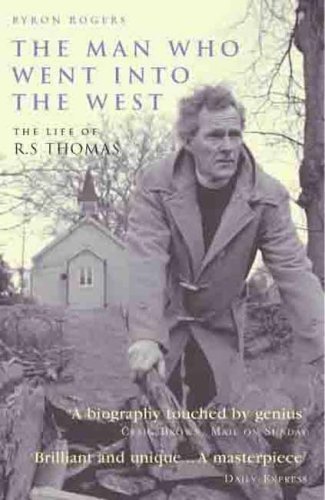What do you think?
Rate this book


Paperback
First published January 1, 2006
'Anyway, they wanted this scene in which Thomas came out of his church and walked down the path. Everything was set up and he appeared in a full surplice. But whether he'd become fed up, I don't know, for he suddenly raised his arms and started to run towards them, shouting, "I'm a bird, I'm a bird." It's not on film. Either the cameraman was too stunned or Thomas was running too fast.'